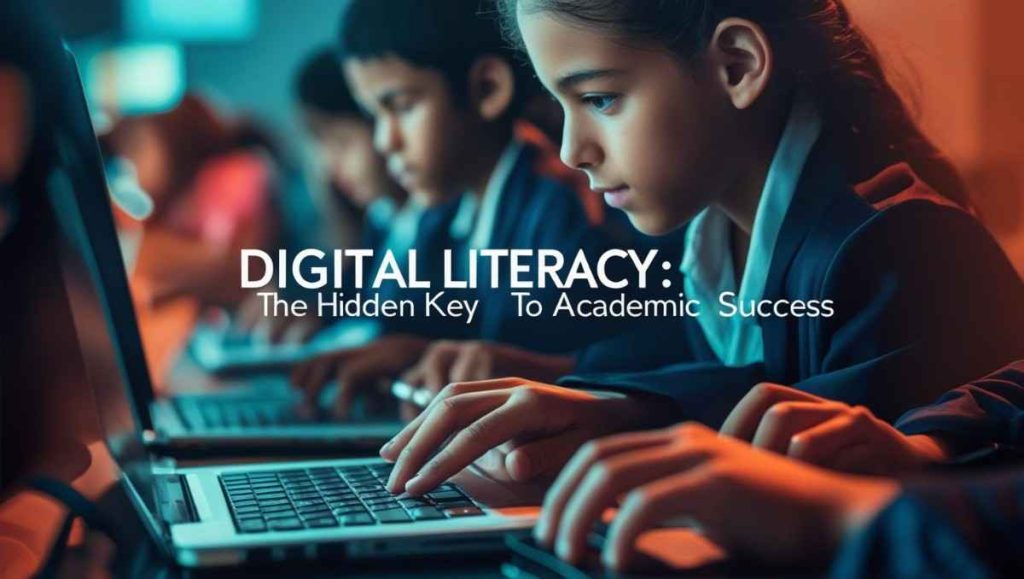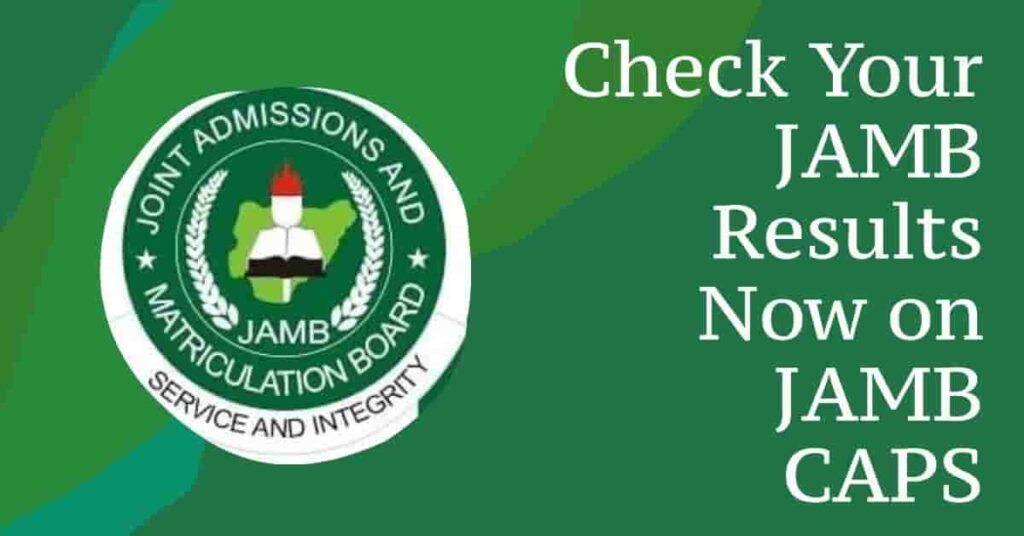
Digital Literacy: The Hidden Key to Academic Success
When most people hear digital literacy, they think of basic computer skills—creating documents, sending emails, or browsing the web. But true digital literacy encompasses a much broader and more critical set of competencies. It’s the ability to find, evaluate, create, and communicate information in digital environments effectively and ethically.
Growing demands from the work sector for individuals to be digitally literate has prompted targeted interventions and innovations from the education sector, highlighting how essential these skills have become for future success. Students who develop strong digital literacy skills don’t just perform better academically—they’re preparing for a world where these competencies will be non-negotiable.
Digital Citizenship: Navigating Online Spaces Responsibly
In academic contexts, digital citizenship affects everything from collaborative online projects to research ethics. Students who understand proper digital citizenship are more likely to engage productively in online discussions, respect intellectual property rights, and maintain professional online presence that supports their academic and career goals.
Key aspects of digital citizenship include:
- Respectful online communication: Understanding how to engage in constructive dialogue, provide meaningful feedback, and resolve conflicts appropriately in digital spaces.
- Academic integrity in digital environments: Recognizing how plagiarism, proper citation, and intellectual property rights apply in digital contexts, including when using online sources, collaborative tools, and AI assistance.
- Understanding digital footprints: Recognizing that online actions have lasting consequences and can impact academic and professional opportunities.
- Inclusive online participation: Creating welcoming digital environments and understanding how technology can either support or hinder diverse voices and perspectives.
Understanding How Technology Shapes Learning
For academic success, this understanding is crucial. When students research topics, the algorithms behind search engines determine which sources appear first, potentially influencing the direction of their research. Social media algorithms can create echo chambers that reinforce existing beliefs rather than exposing students to new ideas and perspectives that enhance critical thinking.
Digitally literate students learn to:
- Diversify their information sources: Rather than relying solely on the first page of search results or their social media feeds, they actively seek out different types of sources and perspectives.
- Use advanced search techniques: They understand how to use search operators, academic databases, and specialized search tools to find more comprehensive and reliable information.
- Recognize algorithmic influence: They understand that the information they see online is filtered and curated, not necessarily representative of all available information on a topic.
- Question recommendation systems: They critically evaluate suggested content and understand that recommendations are based on past behaviour rather than objective relevance or quality.
Privacy and Security: Protecting Academic and Personal Information
Digital privacy and security literacy directly impact academic success in ways students often don’t realize. Poor digital security practices can lead to lost work, compromised accounts, and privacy breaches that distract from learning. Moreover, understanding privacy implications helps students make informed decisions about which tools and platforms to use for academic work.
Strong privacy and security practices support academic success by:
- Protecting intellectual work: Understanding how to back up work, use secure sharing methods, and protect original ideas from theft or loss.
- Maintaining account security: Using strong passwords, two-factor authentication, and secure networks to ensure continuous access to academic resources and communications.
- Making informed tool choices: Understanding the privacy implications of different educational technologies and making choices that align with personal and academic values.
- Protecting personal information: Recognizing how much personal information to share in academic contexts and understanding the potential consequences of oversharing.
Building Digital Literacy: Practical Steps for Academic Success
Developing strong digital literacy skills requires intentional practice and continuous learning. Here are key strategies students can employ:
- Practice information evaluation daily: Make it a habit to check sources, look for bias, and verify information before accepting or sharing it. Treat every online interaction as an opportunity to strengthen evaluation skills.
- Diversify digital learning tools: Experiment with different apps, platforms, and tools to find what works best for different types of learning and academic tasks.
- Engage in online academic communities: Participate in forums, discussion groups, and social media communities related to academic interests, practicing digital citizenship while expanding learning networks.
- Create original digital content: Regularly practice creating different types of digital content—blogs, videos, presentations, infographics—to develop communication and technical skills.
- Stay informed about digital trends: Keep up with developments in educational technology, privacy concerns, and digital tools that could impact academic work.
- Seek feedback on digital work: Ask professors, peers, and mentors to provide feedback on digital projects and online communication to continuously improve skills.
The Future of Academic Success
As educational institutions continue to integrate technology into learning experiences, digital literacy will become even more critical for academic success. Research work in digital literacy is critical in a context of disruptive digital business, and more recently, the pandemic-triggered accelerated digitalisation.
The question isn’t whether digital literacy matters for academic success—research clearly shows that it does. The question is whether students will recognize this opportunity and act to develop these crucial skills before their peers do. In an increasingly competitive academic and professional landscape, digital literacy might just be the differentiator that sets successful students apart.
References
- (2025, February 20). Preparing students for the future: The vital role of digital literacy in education. CyberCivics. https://www.cybercivics.com/single-post/preparing-students-for-the-future-the-vital-role-of-digital-literacy-in-education
- DeVry University. (2024, June 28). The importance of digital literacy. DeVry University. https://www.devry.edu/blog/digital-literacy.html
- (2017, October 10). What your students really need to know about digital citizenship. Edutopia. https://www.edutopia.org/blog/digital-citizenship-need-to-know-vicki-davis
- com. (n.d.). What is digital citizenship? Skills & guidelines for students. Learning.com. https://www.learning.com/blog/what-is-digital-citizenship/
- (n.d.). Why is digital citizenship important for 21st-century students? Nearpod. https://nearpod.com/blog/importance-digital-citizenship/
- Panorama Education. (n.d.). What is digital literacy? Guide to digital learning. PanoramaEd. https://www.panoramaed.com/blog/what-is-digital-literacy-guide-to-digital-learning
- com. (2024, October 13). Social media can be good for Black and Latine youth—If they’re digitally literate. Parents. https://www.parents.com/digital-literacy-for-black-and-latine-youth-8678221
- SOE Online – American University. (2022, February 1). Promoting digital citizenship for students. https://soeonline.american.edu/blog/digital-citizenship-for-students/
- (2025, July 16). How to teach online safety to kids without fear. TechRadar. https://www.techradar.com/pro/how-to-teach-online-safety-to-kids-without-fear
- Teen Vogue. (2025, February 28). Media literacy in schools is on the rise as teachers grapple with misinformation and conspiracy theories. Teen Vogue. https://www.teenvogue.com/story/media-literacy-schools-misinformation
- University of Iowa College of Education. (2024, August 19). Digital literacy: Preparing students for a tech-savvy future. https://onlineprograms.education.uiowa.edu/blog/digital-literacy-preparing-students-for-a-tech-savvy-future
- org. (2021, October 6). How to teach your students the 9 elements of digital citizenship. Waterford.org. https://www.waterford.org/blog/digital-citizenship-activities-and-tips/
Wired. (2023, August 29). How to raise media-savvy kids in the digital age. Wired. https://www.wired.com/story/kids-digital-media-literacy-tips



